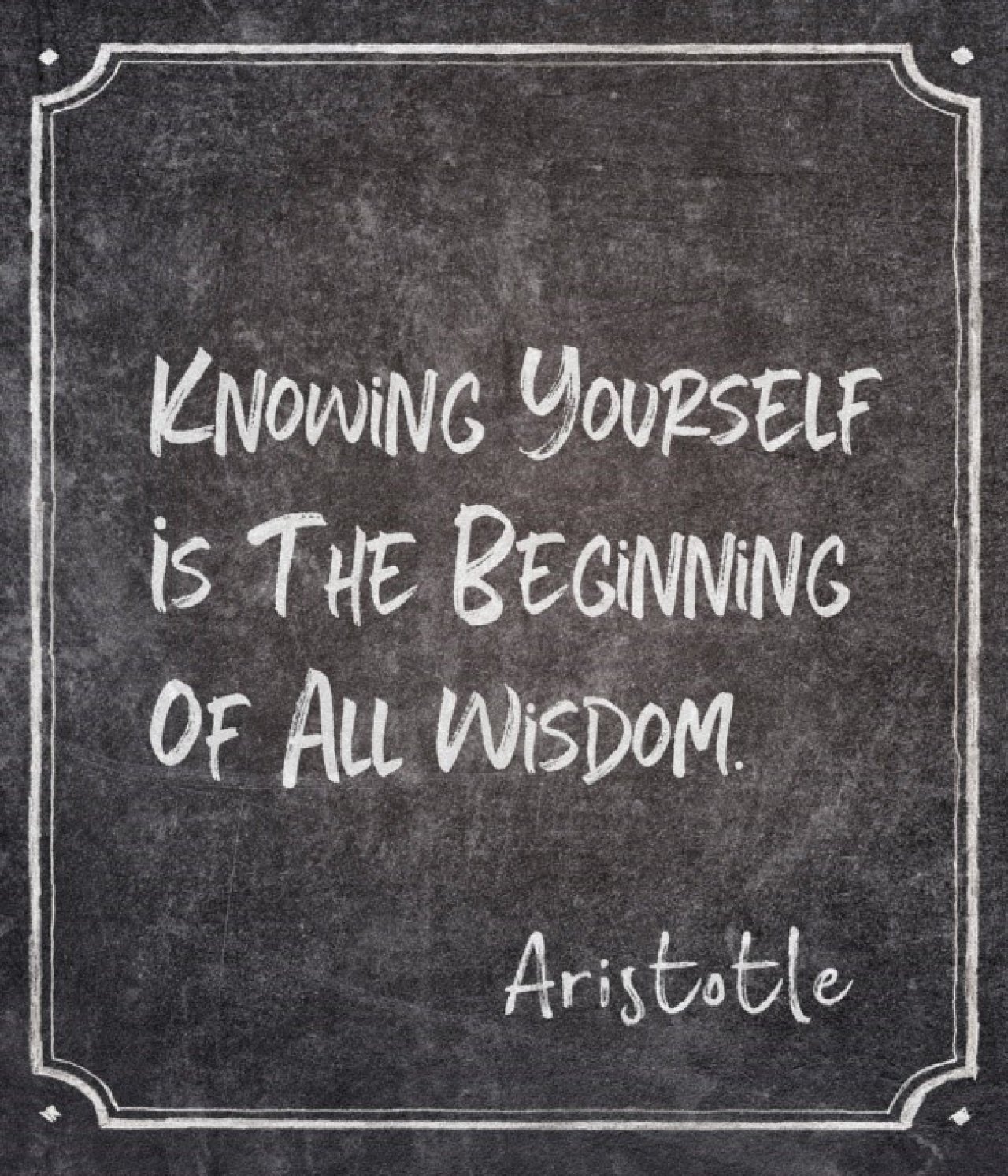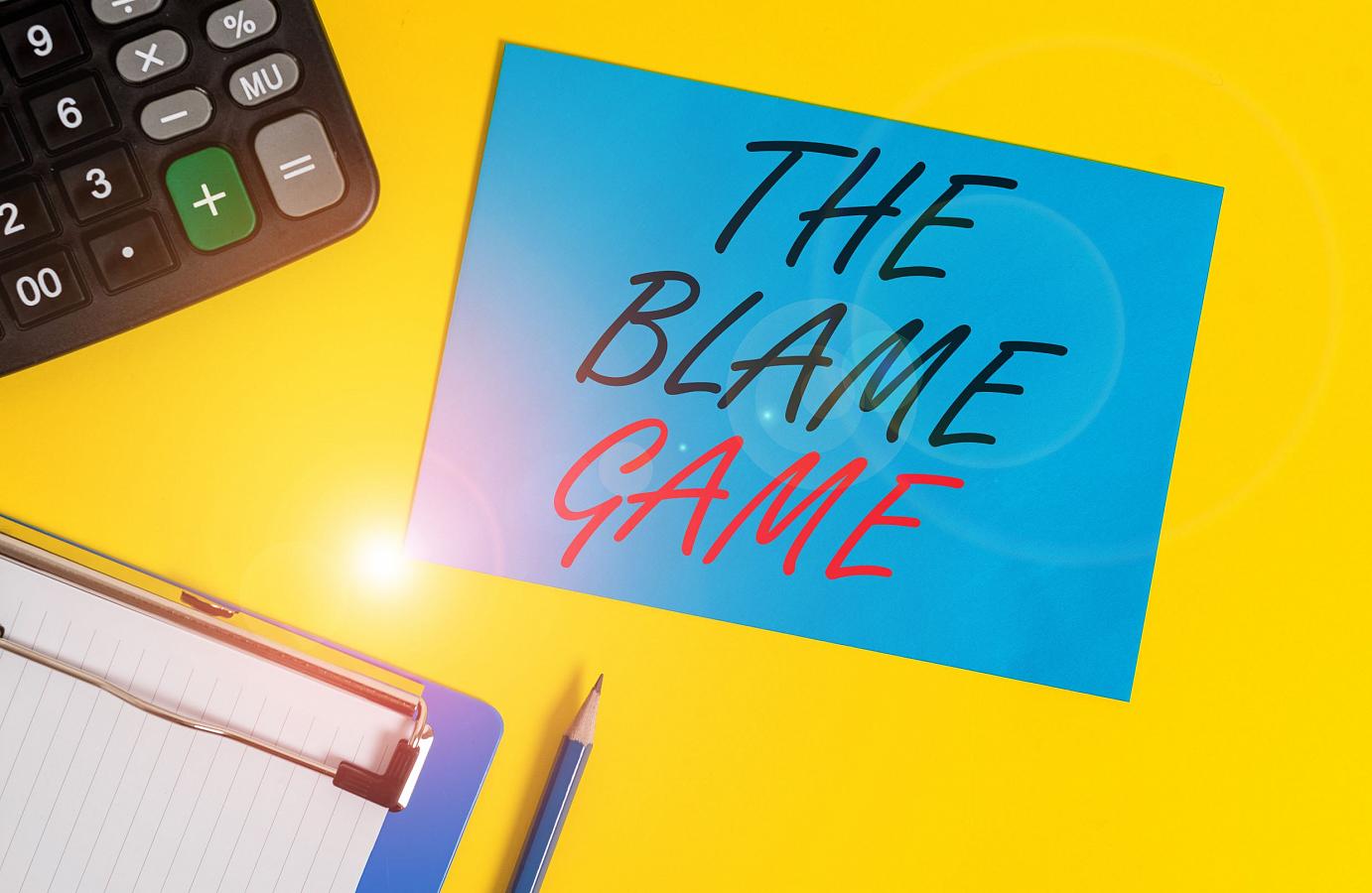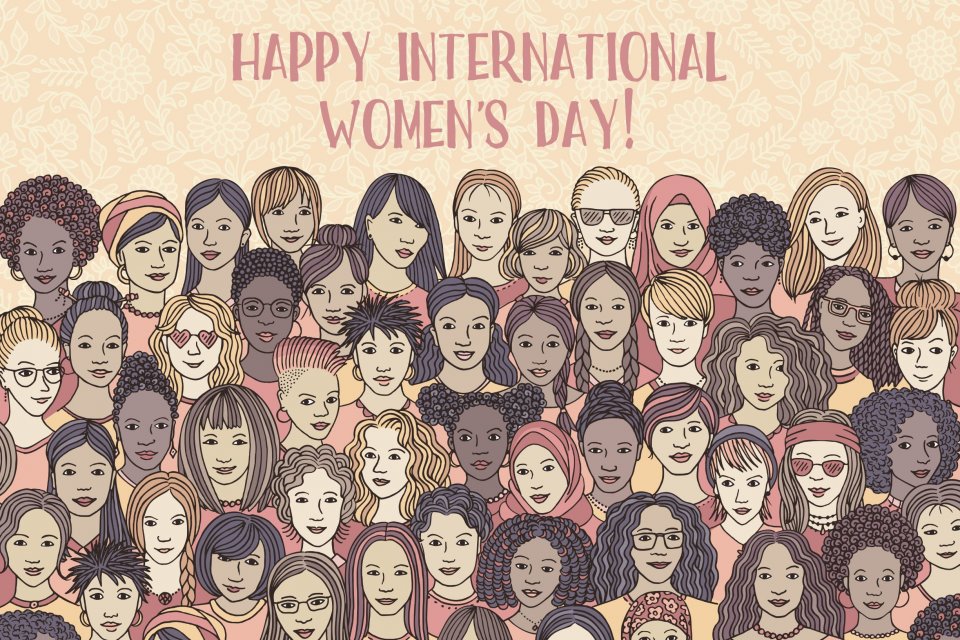
Do You Really Listen or Simply Hear?
“It is better to remain quiet and be thought of a fool, than to speak up and remove all doubt”
Anonymous
Most of us don’t actually listen, we simply hear. This means that we comprehend less than 50% of every verbal conversation we have, so much of the message is either forgotten or lost. Many of us practice the art of “half an ear” or “stunned mullet” listening. We are so busy these days that I believe our capacity and willingness to truly listen has diminished significantly in the last two decades. I truly believe that the greatest gift you can give anyone – your team members, peers, clients, partners, children and friends is to actively listen with intent, and to be truly 100% present.
I was blessed with an amazing maternal grandmother, who in hindsight, lived a hundred years ahead of her time. As a young girl with an inquisitive mind, and always asking her questions, she introduced me to the poem the Desiderata by Max Ehrmann, when I became Head Prefect at my high school. I’ve always remembered the first verse of the poem:
“Go placidly amidst the noise and haste, and remember what peace there may be in silence. As far as possible without surrender be on good terms with all persons. Speak your truth quietly and clearly; and listen to others, even the dull and the ignorant; they too have their story.”
She taught me that listening is as powerful as speech, that listening saves time, and as the poem the Desiderata teaches us, listening to others is important and worthwhile, regardless of their background or possibly differing views.
We all find it incredibly hard to listen because we believe there are many valid reasons not to, such as:
- We think we have something better to say ourselves
- We are given no reason to listen (based on our own assumptions and stereotyping)
- We think we know what they will say
- There are too many distractions
- We are busy listening to our own thoughts
- Our minds are closed
- We mentally criticise the message or speaker
- We would rather be talking so we feel more involved and in control.

So what can we do to listen better?
- Develop patience. Listen even if you don’t want to or don’t feel like listening
- Practice paying attention to the person speaking to you. One strategy is to quietly repeat in your head every word the other person is saying, as this would prevent you from listening to your own thoughts. This is a proven tactic for listening better
- Listen to what the person is really saying
- Listen to, not against, other points of view. It is human nature to stop listening when we think someone is not agreeing with us, as we want to defend our own point of view
- Observe body language. Hear what is not said, which is often as important as what is said, especially in other non-Western cultures
- Listen with your eyes, mind, heart, and ears. This is what I call listening with your entire being
- Restate what the speaker has said to ensure your understanding of what has been said, rather than being critical of how they have said it. It is your responsibility to ensure your listening and interpretation have been accurate
- Sometimes if you match your tempo and tone in your responses you will get greater engagement and listening by the other person.

When I changed careers from working in finance to working in human resources, my then very wise boss, Ann Sherry, sent me on a listening course – there was a message in that wasn’t there? She said to be effective in a role that was all about dealing with people and often sensitive issues, listening was an important skill that I needed to develop further. And so I went off to learn to listen. The most profound thing I learnt on that course was burned into my brain (never to be forgotten) when my young daughter caught me not listening to her one night. I apologised for not listening and asked her to tell me again, as her little eyes filled with tears, she said: “Mummy if you didn’t think it was important the first time, you won’t think it’s important now.” She then left the room. I felt as though I had been stabbed in the heart.
The lesson I learned which will remain with me forever, and which was brought home to me on the course a few days later was this:

“You never get a second chance to hear something for the first time.”
So are you really listening or simply hearing? What are you missing by not listening?
@avrilhenry




